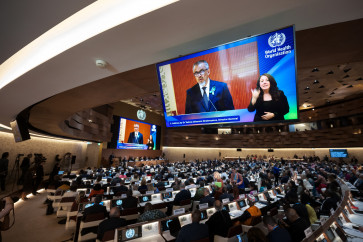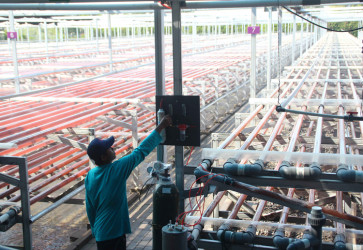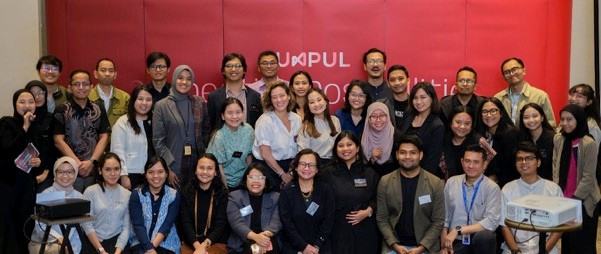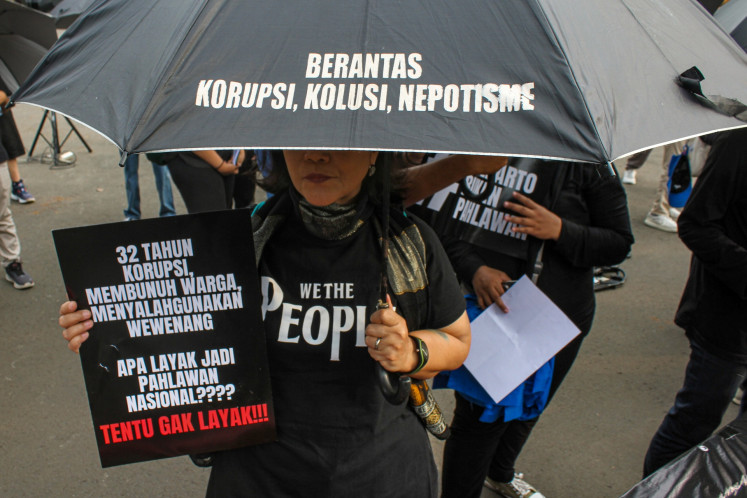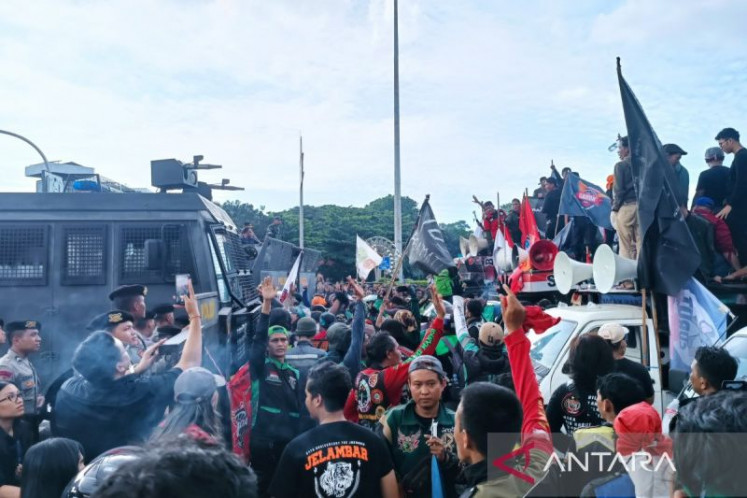Customs and Excise introduces new policies for KLM manufacturers
Rhubarb incense (KLM) cigarettes have been known as a staple for the older generation in rural areas of Indonesia, or for traditional religious rituals that use this type of cigarette for offerings.
Change text size
Gift Premium Articles
to Anyone

R
hubarb incense (KLM) cigarettes have been known as a staple for the older generation in rural areas of Indonesia, or for traditional religious rituals that use this type of cigarette for offerings. However, this is a misconception as they are also shown to be very popular among farmers and laborers around the southern coast of Central Java.
Based on Law Number 39 of 2007 concerning Excise, Elucidation of Article 4 letter c, KLM are cigarettes which are mixed with original or imitation of rhubarb and frankincense without regard to the amount. They generally consist of tobacco leaves, rhubarb roots and frankincense, which are then rolled alone or in tobacco-lined paper.
The director of communications and service user guidance, Nirwala Dwi Heryanto revealed that the total production of KLM cigarettes in Indonesia was only 37.2 million sticks in 2021, mostly produced in Magelang and Cilacap. However, there has been an increase in the trend recently, with production reaching 406 million cigarettes in April.
"Based on several considerations, such as protecting small industries, maintaining market balance, creating fairness in business and securing state revenues, it is necessary to have a regulation in the form of an excise instrument to control the volume of production and consumption of KLM,” said Nirwala, noting that, given the total number produced prior to April, KLM is categorized as a small industry.
He explained that Ministry of Finance took steps to re-establish the excise rate for KLM cigarettes through the Finance Minister Regulation (PMK) Number 109/PMK. 010/2022 concerning Amendments to PMK Number 192/PMK.010/2021 concerning excise tariffs for tobacco products in the form of cigarettes, cigars, leaf cigarettes or klobot and tobacco slices. The new rate took effect on July 4.
There are a number of things that are the subject of this policy formulation, including the addition of an excise-tariff layer, the imposition of increased excise rates (equivalent to hand-rolled kretek cigarettes (SKT)) on KLM products produced by manufacturers whose production exceeds the specified threshold, and protection against home-scale KLM manufacturer.
"The classification of KLM factory entrepreneurs based on the amount of production in the current year consists of group I with a total production of more than 4 million sticks and group II with a total production of no more than 4 million sticks. The difference between excise rates and retail-selling prices (HJE) is minimal for each factory entrepreneur group. This is expected to reduce the consumption of KLM and protect the home-scale KLM manufacturer.
In addition, the previous excise tariff for tobacco based on the provisions of PMK Number 192/PMK.010/21 is still valid for excise tape-order documents and notification documents for the release of excisable goods whose excise duty has not been paid from tobacco products factories for export purposes until July 3.
The KLM cigarette industry is just one of that the Customs and Excise agency is involved in, as they actively strive to uphold and support the policies set forth by the government.
"We also invite the public, especially business actors in the excise sector, to continue to improve their compliance with applicable regulations. It is hoped that the compliance of each party will have a positive impact on the community and assist the government in the efforts of the National Economic Recovery [PEN] program," he concluded.

